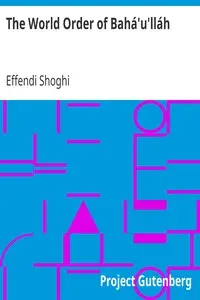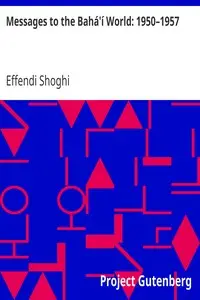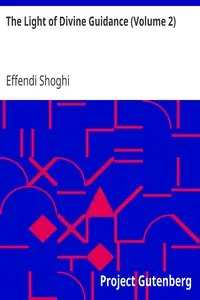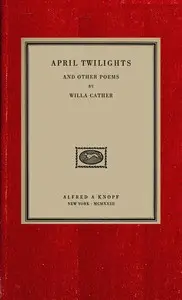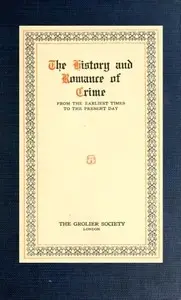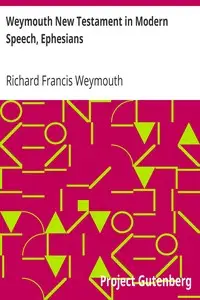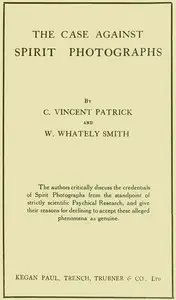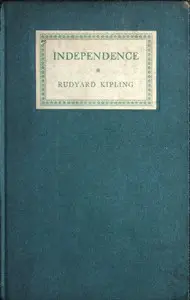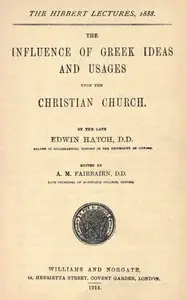"Citadel of Faith" by Shoghi Effendi is a religious and administrative text written in the mid-20th century. This work outlines the progress and goals of the Bahá'í Faith, focusing particularly on its expansive plans during the post-World War II era to consolidate and grow its communities around the globe. The text emphasizes themes of unity, spiritual service, and the collective responsibilities of Bahá'ís towards the promotion of their Faith, following the directives and teachings of Bahá'u'lláh and 'Abdu'l-Bahá. The opening of "Citadel of Faith" introduces Shoghi Effendi's heartfelt appreciation for the efforts of the Bahá'í community in the United States and beyond, particularly their contributions towards the construction of the Bahá'í House of Worship, as well as their dedication to furthering the goals set forth in the Second Seven-Year Plan. It discusses the urgency of participation from all ranks of the Bahá'í community in expanding the Faith into new territories and consolidating its structures in Europe and Latin America. Additionally, it highlights the importance of demonstrating unity and resilience in response to the challenges posed by a world undergoing significant change and turmoil. (This is an automatically generated summary.)

Citadel of Faith
By Effendi Shoghi
"Citadel of Faith" by Shoghi Effendi is a religious and administrative text written in the mid-20th century. This work outlines the progress and goals...
Shoghí Effendi (; Persian: شوقی افندی; 1 March 1897 – 4 November 1957) was an Ottoman-born Iranian religious figure and the Guardian of the Baháʼí Faith from 1921 to 1957. As the grandson and successor of ʻAbdu'l-Bahá, he was responsible for creating a series of teaching plans that oversaw the expansion of the Baháʼí Faith to a number of new countries, and also translated many of the written works of crucial Baháʼí leaders. Upon his death in 1957, the Hands of the Cause, which included his Canadian wife Rúhíyyih Khánum, took on the role of overseeing the transfer of the religion's supreme legal authority to the Universal House of Justice, which has held elections every five years since 1963.

